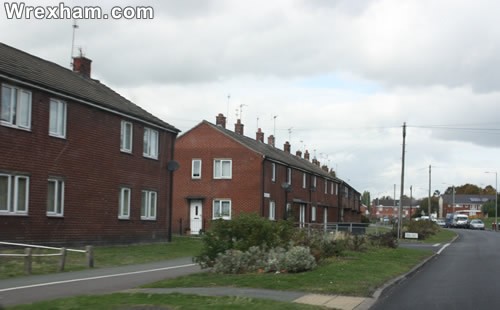Social Housing – What’s the Story?

Over the last week the local elections saw voters hit out at austerity measures as Labour made considerable gains across the country.
Much of the coalition government’s efforts over recent months have been to cut costs and reduce wastage, giving rise to a welfare reform policy still awaiting approval from the House of Lords which would see the maximum benefits a family can receive capped at £26,000.
A recent BBC case study cited the example of a family in North Wales, who were eligible for over £30,000 worth of benefits per annum. Their expenditure in a normal week included tobacco, 24 cans of lager and Sky TV prompting debate over the definition of welfare. Definitions of welfare point to the ‘physical and material well-being of people in need’.
If we look closer at one element of welfare, housing, we can see our perception of need may be questionable, especially when put in context with some other countries in the EU.
France operate an income-based approach to social housing, with tenants undergoing regular income checks to assess whether they are beyond the threshold of eligibility. Rents are around 30-40% lower than private sector rates, with the system geared towards tenants working their way out of dependence on this category of housing.
In Ireland, despite an economic meltdown and EU bailout, the number of home owners compared with the rest of Europe is very high, with much of the Government focus centred on encouraging ownership (even) via 100% mortgages. Aside from home ownership, the Irish Government runs a number of schemes, grants and projects to enable people to take a step up the property ladder.
For those unaware of how the system works here, the first stage (if eligible) is to obtain and fill out a housing application form. Social Housing applicants can choose (in Wrexham at least) from over 70 communities and highlight which areas they would prefer to live in.
Once the application is considered, the applicant(s) is placed in a particular band according to the need/urgency of their case. When they are eventually offered a property, they have the right to refuse and will not incur a penalty for doing so.
In the BBC study the family were paying £76/week rent (though this cost was covered by the state) however, this is fairly modest if you compare it with costs for similar housing in London.
The father of this particular family had been out of work for 10 years, and was pessimistic about any opportunities that may come his way. He also pointed out any caps to current benefits would result in his family having to choose between eating or heating.
This case may represent the attitudes of a number of families but there are hard working families out there who rely on child benefits and other allowances in order to work and pay for childcare. But is the coalition government really doing enough to determine who the people in need are? What reforms can be put in place without them being accused of social cleansing? And is the housing application process too easy, and are people being informed of the alternatives?
http://www.bbc.co.uk/news/uk-16812185
http://dx.doi.org/10.1787/5kgcd9s0q8f8-en
http://wales.gov.uk/docs/statistics/2011/111116sdr2112011en.pdf
Spotted something? Got a story? Email [email protected]












